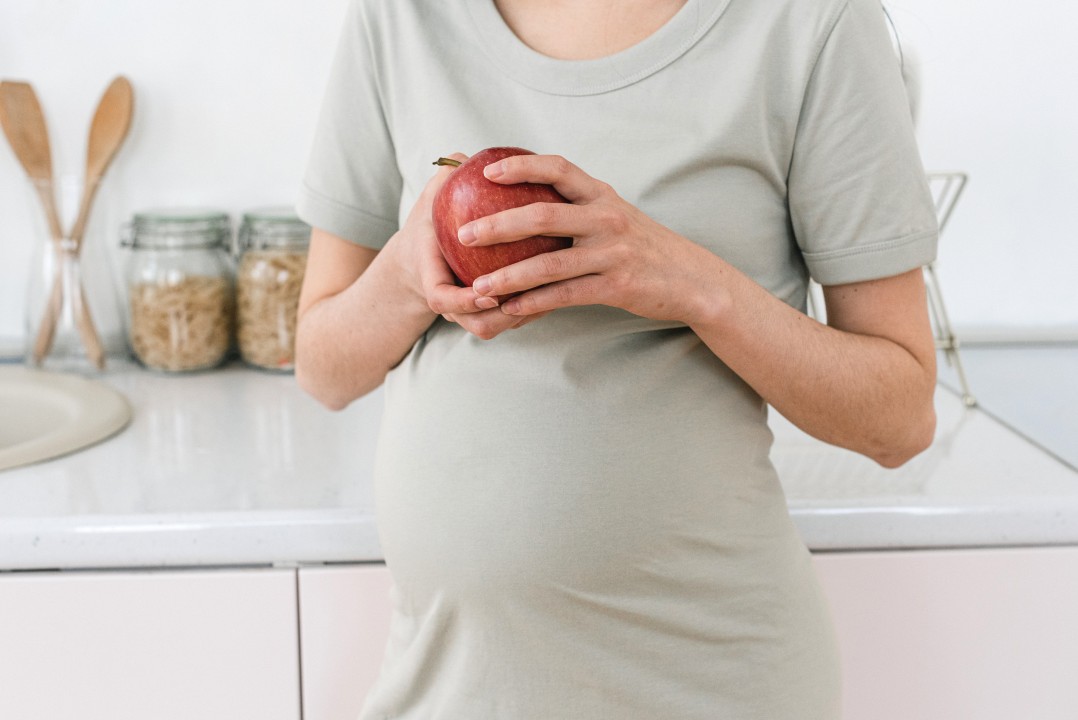Articles

Nutrition and IVF: How Does Your Diet Affect Your Chances of Pregnancy?
What is IVF and how did it begin?
The ability to fertilize human eggs with sperm
outside of the mother’s body changed the world. This process, known as **in
vitro fertilization (IVF)**, allows doctors to help people have babies when
they cannot conceive naturally. In IVF, an egg is taken from a woman’s body and
mixed with sperm in a lab. If fertilization happens, the embryo is then placed
into the woman’s uterus, where it can grow into a baby. This method has made it
possible for millions of children to be born who otherwise wouldn’t have been.
IVF is especially helpful for couples with fertility problems. Since the first
successful IVF birth in 1978, the technology has continued to improve and is
now a common way to build families around the world.
vitro
fertilization (IVF) has developed over the past 40
years—from its beginnings in the lab to its modern advancements. It explains
the challenges faced, such as low success rates, multiple pregnancies, and
ovarian hyperstimulation, and how these problems were solved over time. It also
covers major breakthroughs like genetic
testing, egg freezing, ICSI (injecting a single sperm into an egg),
and improvements in how eggs are collected and fertilized.
How can nutrition influence female
fertility and improve outcomes in in vitro fertilization (IVF)?
Infertility affects 15–20% of couples
worldwide, and both male and female fertility have been declining over the
years. While many lifestyle and environmental factors—like smoking, alcohol,
and chemical exposure—have been linked to reduced fertility, nutrition is now gaining increasing
attention as a modifiable factor
that may improve reproductive health and IVF
outcomes.
This review explores how the three main
macronutrients—carbohydrates, proteins,
and fats—influence female fertility. Studies suggest that certain foods,
like whole grains, vegetables, and
omega-3 fatty acids (ω-3 PUFAs), may have a positive effect on reproductive success, including in women
undergoing IVF. However, findings on other components such as omega-6 fatty acids (ω-6 PUFAs) and dairy products are mixed and remain
controversial.
Maintaining a healthy and balanced diet is especially important, as both
underweight and overweight conditions are known to harm fertility. Despite
promising evidence, more research is needed to clearly define how specific
dietary choices can enhance IVF outcomes.
What is the role of carbohydrate intake
in female fertility and IVF success, particularly in women with obesity or
PCOS?
Carbohydrates are a key part of the human
diet and come mainly from plant-based foods. They vary in how easily they are
digested, ranging from quickly absorbed sugars and starches to fiber-like
components that are not easily broken down. While carbohydrates are the main
energy source for the body, recent research has explored their impact on female
fertility and IVF outcomes.
Studies suggest that reducing carbohydrate intake may benefit obese, overweight, and PCOS (polycystic ovary syndrome) patients
undergoing IVF. However, there is still limited information on how carbohydrate
intake affects fertility in women
without PCOS or obesity. Further research is needed to understand the role
of carbohydrates in IVF success for the broader population.
Nutritional Supplements and IVF Outcomes:
This review examines the use of
nutritional supplements—non-prescription, self-administered oral therapies—by
women undergoing in vitro fertilization (IVF), focusing on their potential to
improve ovarian response, embryo development, and live birth rates.
A literature search up to May
2023included studies on the following supplements and dietary approaches:
●
Dehydroepiandrosterone
(DHEA)
●
Melatonin
●
Co-enzyme Q10
(CoQ10)
●
Carnitine
●
Selenium
●
Vitamin D
●
Myo-inositol
●
Omega-3 fatty
acids
●
Chinese herbs
●
Mediterranean
diet
Key Findings:
Mediterranean diet: A consistently
beneficial dietary pattern for IVF outcomes.
DHEA & CoQ10: Starting before IVF
cycles may help women with poor ovarian response, though CoQ10's ideal use
(e.g. older women or poor embryo quality) remains unclear.
Melatonin: May offer some benefit, but
research is unclear on which patients benefit most or what dose is ideal.
Myo-inositol : Shows promise for women
with polycystic ovary syndrome (PCOS),but dosing remains uncertain.
Vitamin D :Its role in improving IVF
outcomes is still inconclusive.
Omega-3: May help improve clinical and
embryological outcomes, though more research is needed.
Context:
Many women seek “adjuvant” therapies when
standard IVF cycles fail.
Fertility specialists often explore
non-pharmacological options, including nutritional supplements, despite limited
or evolving scientific evidence.
The review excluded prescription-only
medications and broad antioxidant treatments already addressed in previous
research (e.g., Cochrane reviews).
References:
- Budani, M. C., & Tiboni, G. M. (2023). Nutrition, female fertility and in vitro fertilization outcomes. Reproductive Toxicology, 118, 108370.
- Niederberger, C., Pellicer, A., Cohen, J., Gardner, D. K., Palermo, G. D., O’Neill, C. L., … & LaBarbera, A. R. (2018). Forty years of IVF. Fertility and sterility, 110(2), 185-324.
- Hart, R. J. (2024). Nutritional supplements and IVF: an evidence-based approach. Reproductive BioMedicine Online, 48(3), 103770.
